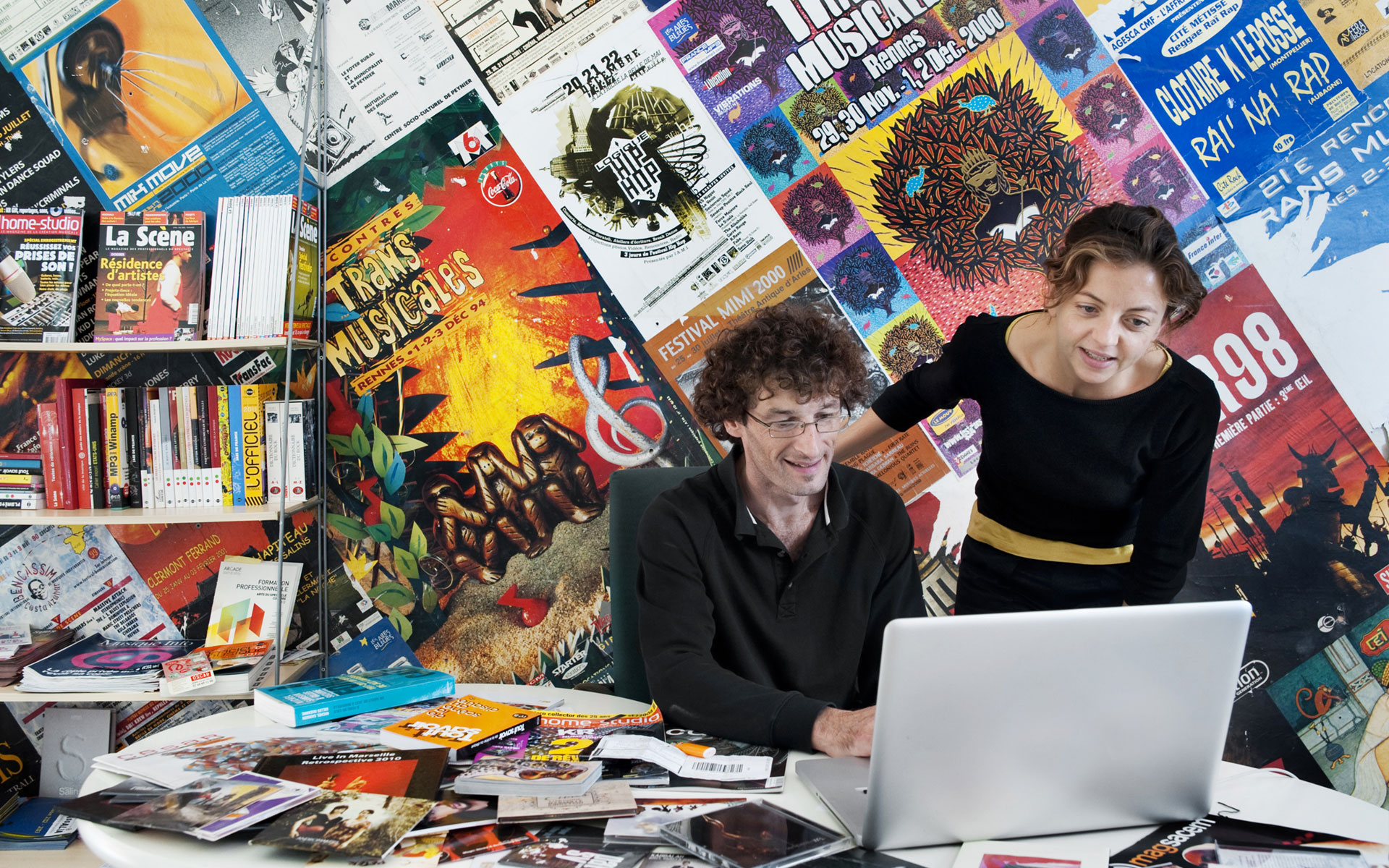
17
أغسطسSal Khan: How to help students and parents navigate education during COVID-19
"I acknowledge that some of our competitors are currently charging for returns. We consider that free returns is a critical part of our value position, we are not considering to charge for returns," CEO José Antonio Ramos Calamonte told reporters.
He was tutoring them every day, but it wasn't scalable so he started writing software that generated exercises for them and was able to monitor their progress. Once the family heard about his success, he started tutoring a group of about 15 family members and friends from around the country. The software would move them forward to new exercises once they showed mastery over each new concept.
The Khan Academy realized that it could help students, parents and teachers who were struggling to deal with the challenges of distance learning -- so it created learning plans for quarantine schooling, planned parent-and-teacher webinars and posted videos to directly address its audience on navigating this new world.
China's exam-oriented education system requires students to take exams from an early age and culminates in the feared university entrance exam at age 18 known as the "gaokao", where a single score can determine a child's life t
 Local authorities will be told to "strengthen their supervision in order to reduce the burden on students in terms of homework and extra-curricular lessons", said news agency Xinhua, citing a law passed by the Chinese le
Local authorities will be told to "strengthen their supervision in order to reduce the burden on students in terms of homework and extra-curricular lessons", said news agency Xinhua, citing a law passed by the Chinese le
In addition to Third Point, another hedge fund, TOMS Capital Investment Management, has also done considerable research on what changes might make Colgate more profitable, people familiar with the matter said.
But he recommends that they be used for what they are intended -- to identify areas that need more study, master those and then move on to the next set of lessons. Khan isn't against assessments, he says. This means more individualized learning and allowing kids to move through the lessons at a pace that follows their mastery of each section.
A similar approach has now been adopted by other organizations and curriculums such as Summit Learning, backed by the Chan Zuckerberg Initiative -- run by Dr. Priscilla Chan, a pediatrician and educator, and the wife of Facebook founder Mark Zuckerberg.
When the COVID-19 pandemic broke out and schools started closing, Khan Academy's traffic nearly tripled during school days and parent registrations increased by 20 times on a daily basis, according to Salman Khan, founder of the popular online resource for students.
Beijing has already banned minors from playing online games for more than three hours a week in an effort to tackle addiction. It has also launched a crackdown on private tutoring companies, ordering them to go n
The investor letter did not disclose the size of Third Point's stake, but cited several reasons for investing in the consumer goods company, including its pricing power in inflationary conditions and the strength in its pet food business.
must allocate in a reasonable way for minors the time devoted to studies, rest, entertainment and physical activity in order not to increase their learning load and to avoid any internet a
At the rear is 826LA, a non-profit that supports students who attend under-resourced schools through tutoring, writing, and college access programs. The shop is an eye-opener - but there's more to it than meets the eye.
"Although the Board is fairly long-tenured and not known for making bold moves, we are confident that it will act in the best interests of shareholders if Colgate becomes part of the current M&A minuet in consumer health," he wrote.
As part of series, Khan talked about the education response to coronavirus, how he started Khan Academy by tutoring his family members, education in the digital divide, wisdom for daily life during the pandemic and much more.
They eventually agreed and she thrived there. Khan lobbied the school to put her on a more advanced math track. After graduating with a master's degree in computer science from MIT and an MBA from Harvard Business School, Khan was working as an analyst at a hedge fund when he started long-distance math-tutoring his 12-year-old cousin in New Orleans, his hometown. He helped her overcome her confidence issues in math and she soon caught up with her class and eventually got ahead of her classmates.
That was the first Khan Academy. But he tried it and his cousins said they liked him better on YouTube than they did in person. Sal thought it was a terrible idea. This was 2006, and Sal replied that YouTube was a place to watch videos of kittens playing the piano and not learn math. It was just Sal, some hand-written software and a few relatives. It was a friend who suggested he do these lessons as YouTube videos.
And all of the sudden, we get to an algebra class and nothing makes sense." "In a traditional academic model, kids are moved [through] in lock-step," said Khan. and those gaps accumulate over time. "You get a 70% on a test, I get an 80%. Even though we identified gaps, the whole class will move on to the next topic ...



